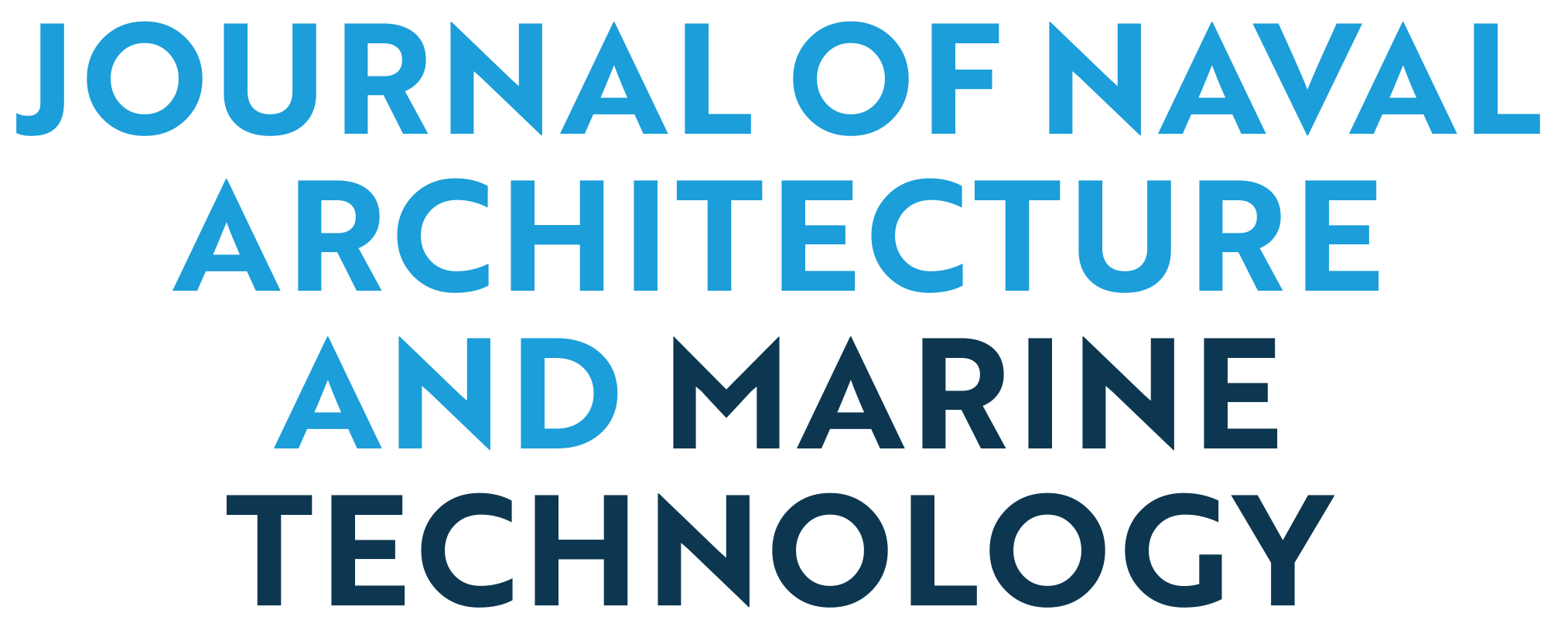ABSTRACT
The growing global population is increasing the utilization of marine environments. This trend is accelerating the pollution of marine ecosystems, thereby disrupting the natural balance within these environments. Oceans and marine ecosystems play a crucial role in human life and life cycle. Consequently, the importance of increasing ocean literacy has grown. A deeper understanding of oceans and their ecosystems will enable us to maximize the benefits derived from them. Oceans serve a multitude of purposes, including energy generation, food supply, transportation, and trade, making them integral to various aspects of human existence. The intricate connection between oceans and humans emphasizes the importance of thoroughly comprehending oceanic environments. To ensure the preservation of oceanic environments and the sustainable exploitation of oceanic resources, a significant requirement is a comprehensive understanding of these environments. Ocean literacy entails recognizing the reciprocal influence of oceans on humans and humans on oceans. In an effort to underscore this influence, a three-part survey was administered to assess the ocean literacy of students enrolled in the Shipbuilding and Ocean Engineering Department at Istanbul Technical University. The survey included a demographics section in the first part, a Survey of Ocean Literacy and Experience (SOLE) based on the seven basic principles of ocean literacy in the second part, and a Survey of Ocean Stewardship (SOS) in the third part. The participants obtained an average success rate of 65% by answering the questions in the SOLE survey. In the SOS survey, a significant majority of respondents consistently chose the “I agree” option for a wide range of statements and the average values of their answers for the questions that are categorized between 1-5 are were calculated as 3.68, 3.78 and 3.48, respectively. The survey data were subsequently analyzed with consideration to participants' academic year and gender. Ultimately, the correlation between the answers of SOLE and SOS surveys were analyzed and a weak but positive correlation (0.33; 0.24) had been found between them. As an overall evaluation, it is concluded that the education level is effective in increasing the ocean literacy level of the people.


